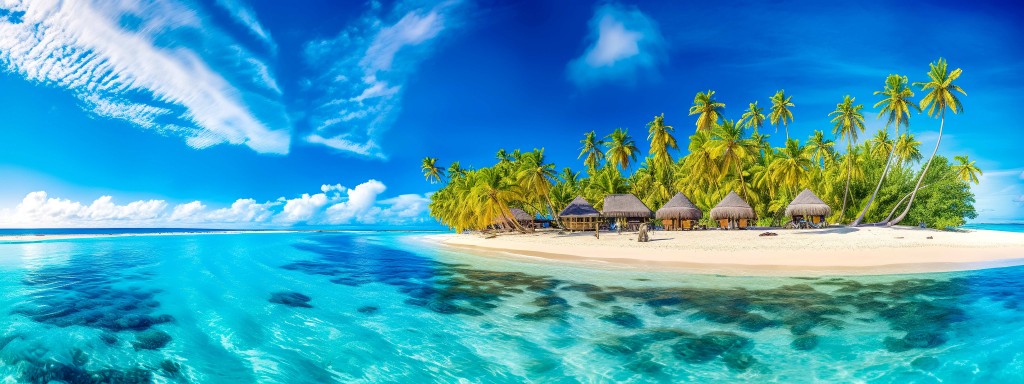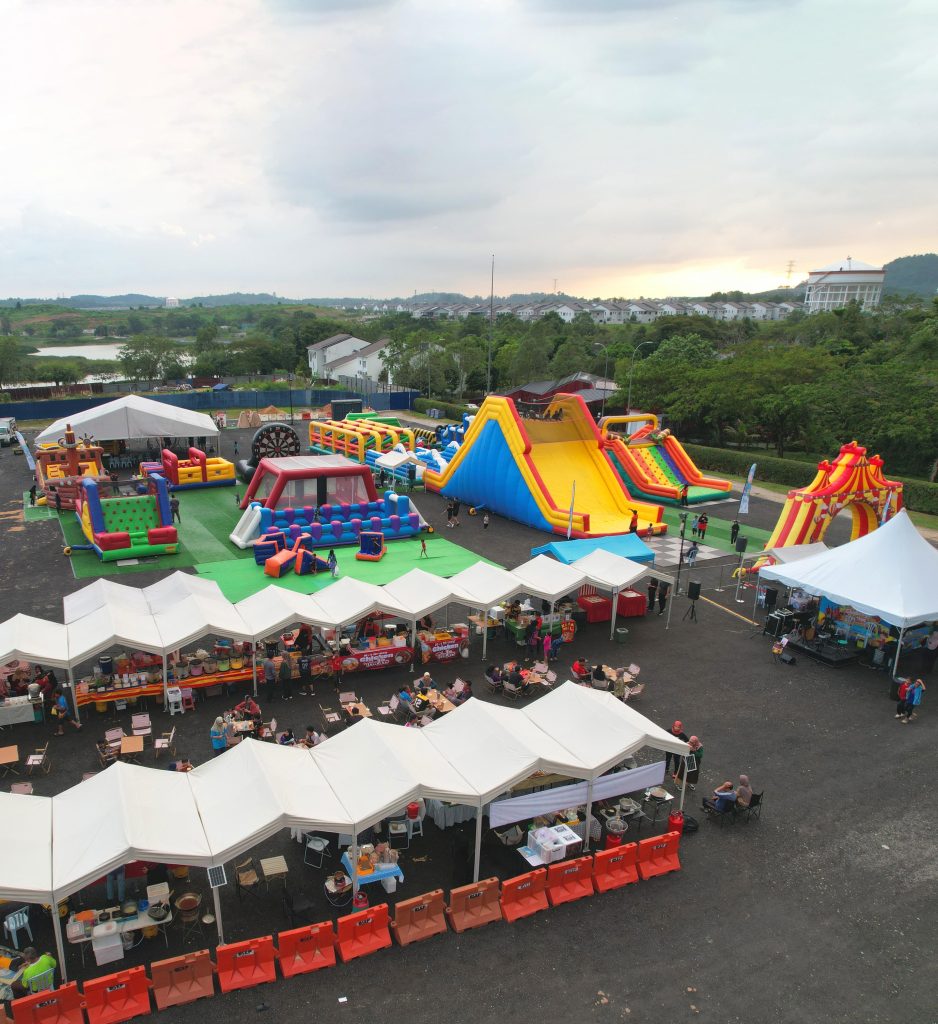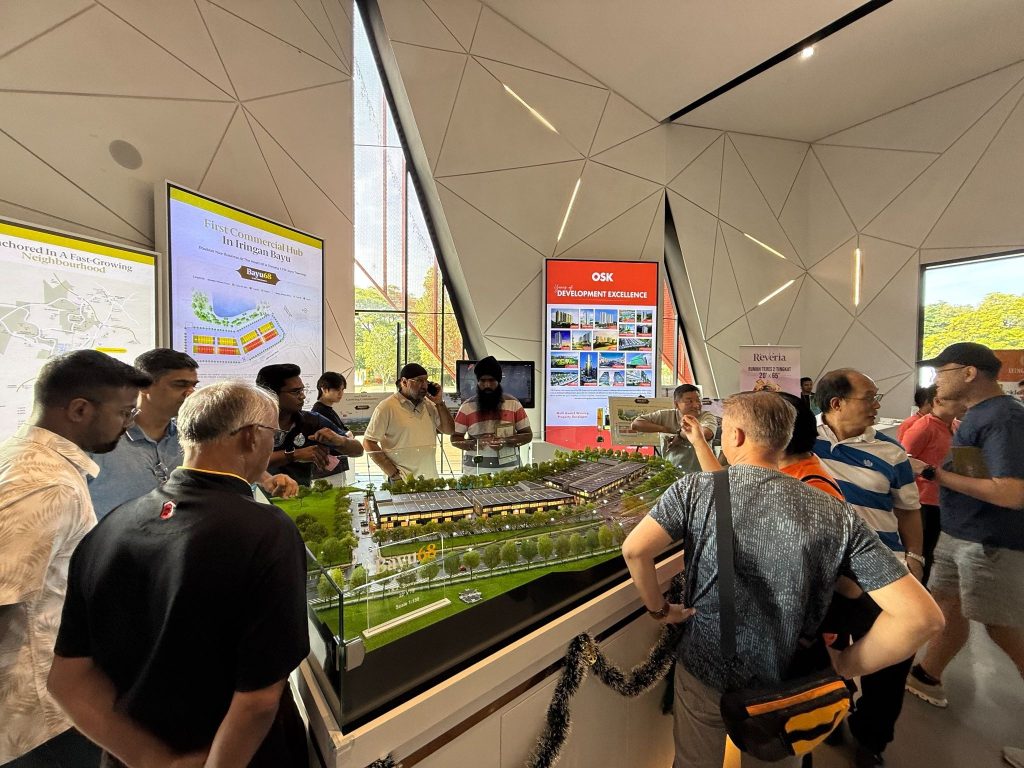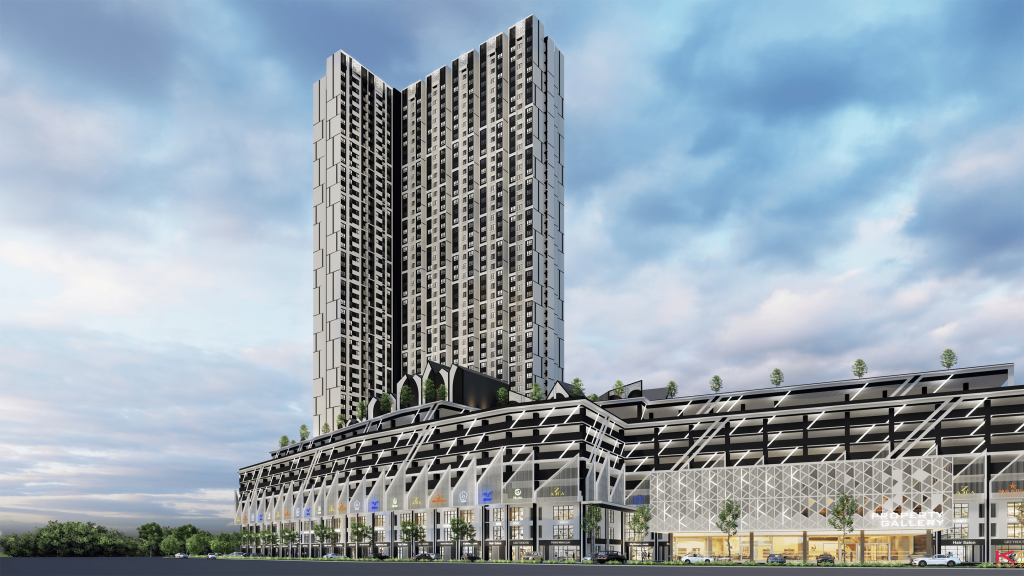By Joseph Wong
In recent years, international and local property agents have observed a substantial increase in the interest of Malaysians exploring private island ownership, primarily driven by investment rather than a focus on lifestyle, particularly resort islands.
While the past decade witnessed a keen interest in urban property investment among ultra-high net worth individuals (UHNWI), experts predict a shift towards the allure of island living in the coming decade.
The real estate agency Knight Frank Property Hub’s Wealth Report reveals a rising number of Malaysians classified as ultra-wealthy. Malaysia has been ranked among the top 10 fastest-growing ultra-high-net-worth (UHNW)markets, alongside Singapore and Indonesia.
UHNW individuals (UHNWIs) are individuals with substantial wealth amounting to at least US$30mil (RM138mil) in investable assets. According to the report, Malaysia, together with the Asia Pacific (Apac) region, which includes both South-East Asia and East Asia, witnessed a remarkable growth of almost 51% in the UHNW population from 2018 to 2022.
While the forecast indicates a slowdown in growth to 40% over the next five years (2022-2027), the Apac region continues to lead globally in wealth creation.
"There may still be a great deal of uncertainty on the horizon, but Malaysian UHNWI are set to capitalise on a diverse range of sectors including medical, logistics, tech, hospitality, finance, and real estate," Knight Frank Property Hub associate director Dominic Heaton-Watson said in a statement last year.
While on the minority list of UHNWIs, islands still tickle their fancy. In the past, tax efficiency was a primary motive for island buyers, exploiting favourable local tax regimes in places like Bermuda, the Bahamas, the Channel Islands, Antigua, British Virgin Islands, the US Virgin Islands, Cyprus and the Isle of Man. These self-governing islands are known for their low tax jurisdictions, offering minimal personal taxation and usually no capital gains or inheritance taxes.
These islands have traditionally served as safe havens for individuals seeking to safeguard or legitimise their wealth, with financial services contributing significantly to these island nations' gross domestic product (GDP). Island purchases typically involve cash transactions, as banks seldom finance such high-risk deals, allowing numerous purchases to escape detailed financial scrutiny.
However, with increased awareness following revelations such as the Panama Papers and the 1MDB scandal, transparency has become a crucial consideration, steering island purchases towards lifestyle-driven motives.
In Asia, the private island market is relatively small due to the prevalence of leasehold land titles. Asian buyers, including those from China and Singapore, are more inclined to seek assets for income generation through resort development or subdivision for resale.
878 islands
As per the Department of Survey and Mapping in Malaysia, the country boasts a total of 878 islands. Among the states, Sabah takes the lead with 394 islands within its waters. Additionally, Malaysia is home to 510 offshore geographical features, encompassing rocks, sandbanks and ridges.
While Sabah is highly sought after for island real estate due to its open market conditions, which entail fewer restrictions on ownership and development compared to islands in West Malaysia. Consequently, the prices of islands and land in Sabah are considerably higher than those in West Malaysia.
In Sabah, foreigners can apply to purchase properties valued above RM1mil, provided the land holds a Country Land (CL) title. However, since land matters are under state jurisdiction, approval from the land office is still required. In contrast, the process is more intricate in West Malaysia, where all islands have an alienated status with Malay Reserve Land titles.
Most islands or portions of islands available for sale typically possess a Native Land (NL) or Malay Reserve Land title. While some may be converted to an Agriculture Land title, this widens the market but maintains restrictions, allowing purchases exclusively by locals.
Knight Frank's assessment of property market conditions across the world's premier island destinations indicates that Asian interest in acquiring second homes for lifestyle purposes is set to strengthen in the next several years. However, there remains a simultaneous inclination to generate income from these acquisitions through commercial enterprises, such as holiday rentals.
The report anticipates a concentrated interest in private islands within the Asia Pacific initially, with future demands contingent on accessibility and new transport routes. Islands within a commutable distance of two to three hours from city hubs, coupled with convenient flight availability, are expected to be particularly sought after, exemplified by connections like Singapore to Bali.
Pricing varied
Experts attribute the heightened activity in the island market to the internet, emphasising their global reach by working with owners and brokers worldwide. The versatility of the market, with islands’ significantly varíed pricing, and prospective buyers makes this niche sector attractive.
“However, affording an island is one thing. The upkeep is another matter entirely,” said an industry observer who is currently monitoring this market. Despite the allure and glamour associated with island ownership, numerous challenges abound. The observer noted that the pivotal step in acquiring an island is seeking guidance from an expert. He believed that many pitfalls can be avoided by making choices based on experience and knowledge.
“Consider the proximity to other islands, the mainland, and essential amenities when evaluating an island. Accessibility is a crucial factor, whether by boat or plane, depending on the environment and terrain. Additionally, verify if the island has necessary services like water and electricity. Installations such as underwater connections for electricity, local generators and water treatment facilities are indispensable,” he said, pointing out that there might be costly hidden costs to make an island liveable.
He also underscored the additional costs associated with the sales price, such as taxes, legal fees, maintenance fees and transportation. The significant challenge of ensuring an adequate water supply and managing transportation costs for supplies when owning an island. Additionally, islands in Asia are susceptible to annual monsoons, rendering them inaccessible for approximately three months each year.
It is also essential to recognise that an island is not an independent entity but is subject to the laws and regulations of the country to which it is attached. For instance, in France, the Coastal Law prohibits construction within 100m of the shoreline while ensuring a public right of way along the coast. In Croatia, many islands are not suitable for construction, making it advisable to choose one that is already habitable.
Purchasing an island is a significant commitment that involves considering numerous factors, he said. “If uncertainties persist, many islands are available for rent, providing an opportunity to experience island life before making a long-term commitment. Regardless of the type of island you seek, having a reliable partner is crucial for both brokerage and dealing with the practical challenges inherent in island living,” he advised.
Investment value
When questioned about the investment required for island purchases, he suggested that it is contingent on the island's location and the scale of development envisioned by the buyer. A pristine private island with a modest dwelling will differ significantly in investment needs from a resort island.
Buyers of undeveloped islands must ensure they can obtain the necessary permits for construction. This often involves environmental assessments and permit applications, incurring costs and time. Developed islands are easier to manage, but some buyers prefer making their own mark, making developed islands in need of major renovations potentially better deals due to fewer required permits and a quicker process.
Potential buyers should also consider factors such as elevation to prevent flooding, sufficient mainland infrastructure, proximity to hospitals, cell phone reception and ease of obtaining groceries and supplies if they are planning to invest in an island for a return on their investments.
While Malaysian UHNWIs might set their sights on private island ownership,, the evolving landscape of private island ownership is driven not only as a financial investment but also a lifestyle choice. As this niche sector continues to gain momentum, potential buyers are urged to approach the decision with diligence, seeking expert advice and thoroughly evaluating all aspects before venturing into the unique realm of island living.
Stay ahead of the crowd and enjoy fresh insights on real estate, property development, and lifestyle trends when you subscribe to our newsletter and follow us on social media.












































